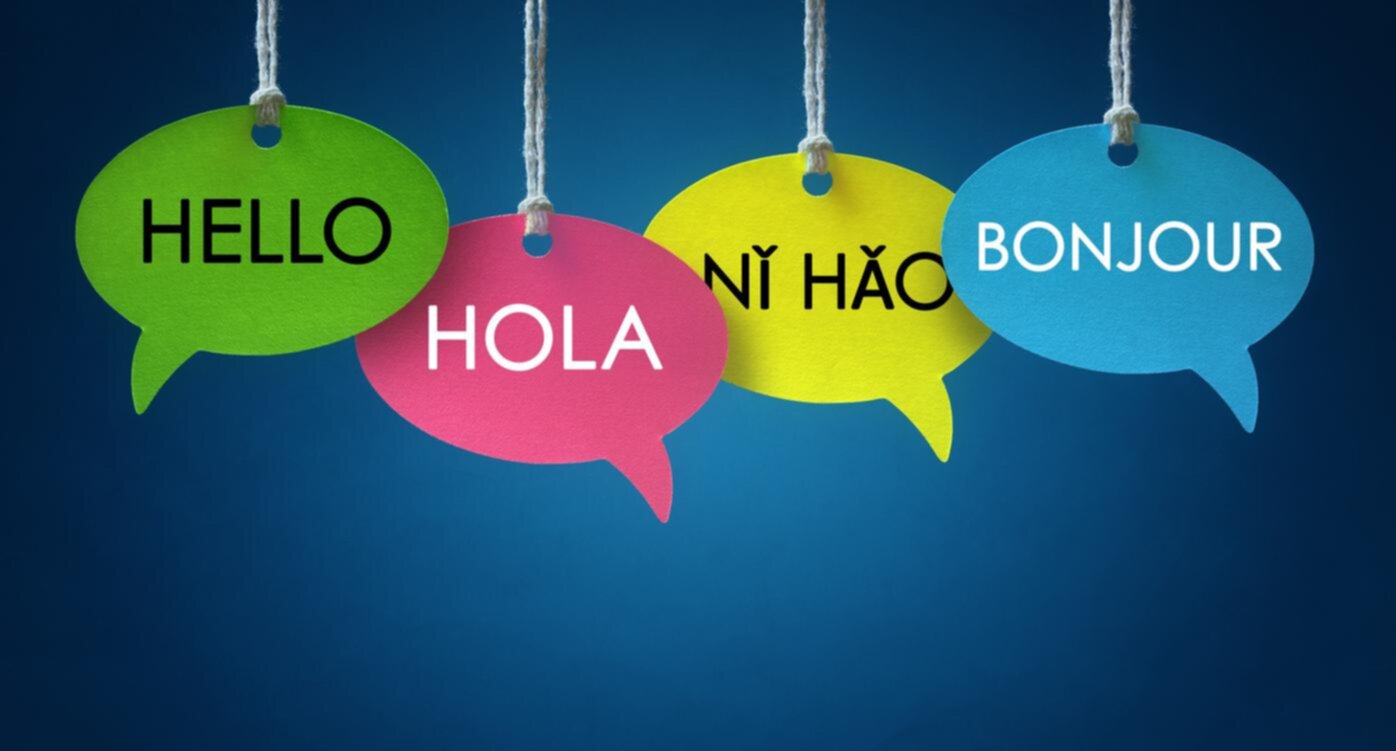
Parent/teacher conferences are crucial for helping students to succeed and grow in their academic journeys. Holding parent/teacher conferences can be rewarding for kids who are succeeding in school and it’s a great time to review their successes. This good progress is something all parents want and need to hear!
But parent/teacher conferences can also prove to be significantly challenging for teachers, especially when the teacher and the parent do not speak the same language. Even parents who may understand a little English, may not be comfortable communicating fully in English. If the school does not have a translator or bilingual staff to sit in on every conference, it might be tempting to the teacher to have the student translate for the parent. But putting kids in the middle of reporting their performance is not appropriate for the student. It’s best to communicate adult-to-adult in matters like behavior, performance, and suggestions for improvement.
Read on for tips that will help teachers bridge cultural expectations and language gaps, so that parents can understand their children’s school progress and further student/parent expectations.
Before Parent/Teacher Conference
Prior to parent/teacher conference night, teachers should encourage family involvement with bilingual invitations and notes. Additionally, teachers can set up childcare options, so that parents can attend parent/teacher conferences. Other ways to encourage parent/teacher conference attendance include:
- Set an appointment time with parents. Teachers can ensure that parents will attend the conferences by setting up the meeting at a time that is convenient to them. When setting up the appointment, teachers can inform parents on what they can expect.
- Provide parents with a reminder call. The day before the parent/teacher conference, teachers can give parents a reminder call.
- Be flexible. If parents cannot make it to parent/teacher conference night, teachers can arrange to meet the family on another day, before or after school.
- Use an interpreter if necessary. When it comes to parent/teacher communication, it is important that students are not the interpreters. Students may not feel comfortable being in the interpreter roll and/or may not know the appropriate vocabulary to translate educational information.
During Parent/Teacher Conference
During the parent/teacher conference teachers should be aware of cultural differences and try to be understanding and informative. Other tips to use during parent/teacher conference include:
- Speak directly with the parents. During parent/teacher conferences with Spanish-speaking parents, it might be easy to speak directly to the interpreter, rather than the parents. Teachers should avoid making that mistake, and always make eye contact directly with the parents.
- Use documentation to support explanations. Teachers should use simple documents for visual support. A good way of doing this is using an example of the student’s work and add a rubric or bullet point list to demonstrate its evaluation.
- Leave time for parent questions. Teachers are aware of the importance of communication between the schools and home. Therefore, it is important to provide parents with ways that they can communicate directly with the teachers. Additionally, do not forget to let parents ask questions about their children and school expectations.
After Parent Teacher Conference
After parent/teacher conference, it is important to follow up with parents and to continue communicating with them. Most importantly teachers should:
- Send a thank you note for their time. When teachers show gratitude to parents, they are helping to develop a parent/teacher partnership. Teachers can let parents know how much they enjoyed talking with them about their children.
- Make a follow up call. Teachers can make a follow up call within a few weeks of the conference to inform parents about the status or progress they have noticed in their children.
Teacher’s seeking guidance on working with Spanish-speaking parents can participate in webinars and in-person workshops held by the Latino Literacy Project. The organization strives at helping school administrators, teachers, and English Learner (EL) parents better understand each other so that, together, they can help English Language Learners (ELLs) achieve academic success in school and beyond.
